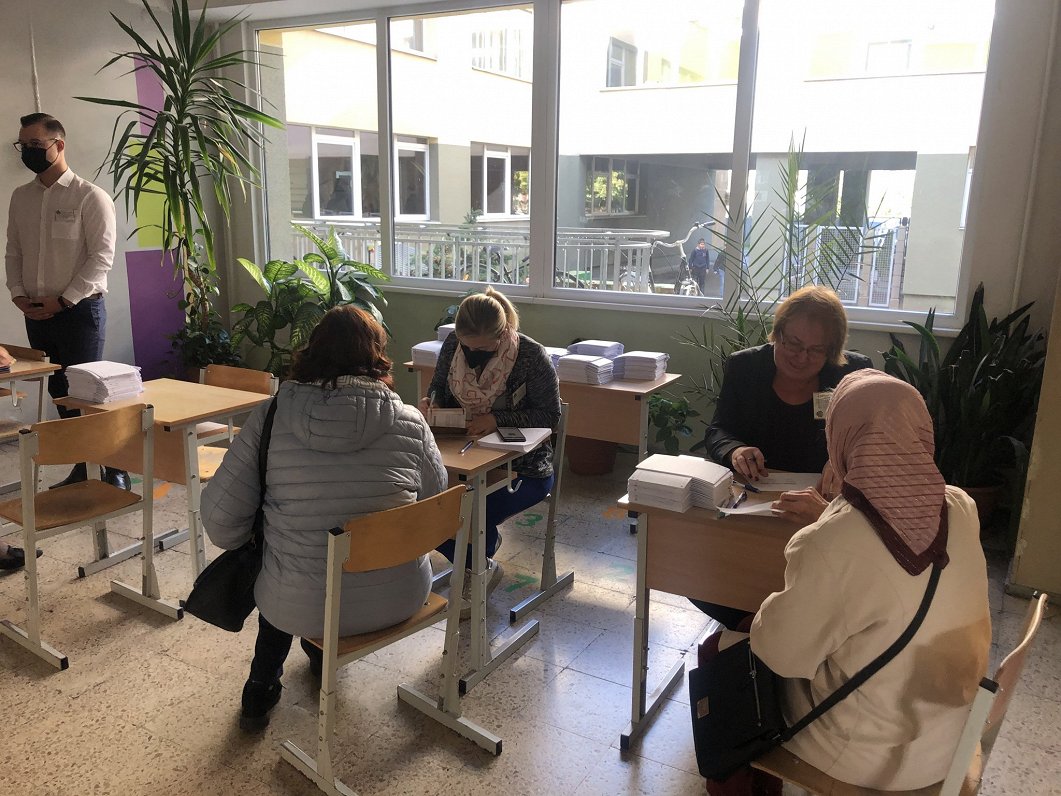19 party lists are standing in these Saeima elections, more than four years ago, when 16 lists ran. Seven lists were elected then, and a further three exceeded the 2% threshold, thus applying for State budget funding. The composition of the Saeima was often called fragmented, with greater difficulty in establishing a coalition and a government. A lot of participants are also expected this time.
The public opinion researchers SKDS in the latest party ratings said that seven lists have hope to make it into the Saeima, while the Factum company's data showed that even nine could make it. It would be a record of sorts, said Juris Rozenvalds, a political scientist at the University of Latvia (LU).
"It's not good news. Until now, the largest number of lists entering the Saeima – nine – was in 1995, in the second Saeima elections following the restoration of the independence of the state. This will obviously create additional problems with the formation of a government, and unlikely make life more enjoyable, but certainly more interesting. The intrigue will persist," Rozenvalds said.
The difficulty in predicting the outcome of the elections is also due to the fact that shortly before these elections, there are also changes in the rankings of leading parties, and many arty lists in the rankings are close to the 5% threshold to enter the Saeima. This also means that more parties will receive public budget funding, passing the 2% threshold. The electoral result can be influenced by last-minute decisions, said SKDS researcher, sociologist Ieva Strode.
"In principle, over the last three days around 30% decide what they will do, participate in elections or not. Similarly, around 31% have decided more than a month ago that this event will be categorically ignored. The effects of recent days also apply to many of the electoral participants we surveyed. 6% have decided this at the polling station, 8% on polling day, and 11% in the last 2-3 days. So, in fact, for a quarter of the voters, this decision came in the last few days [..]," said Strode.
In the 13th Saeima elections, 844,925 people or 54.56% of the electorate voted, meaning that around 700,000 people did not. This time too, activity is predicted to be low.
“In view of Latvia's traditionally low confidence in politics, political parties, if turnout falls below 50%, it would be a psychological barrier when many would already ask how legitimate the political leadership is if it gets less than half of the electorate's votes. Honestly, it would not be desirable, because we have enough problems and mistrust to raise it further,” said the Professor of LU Rozenvalds.




























